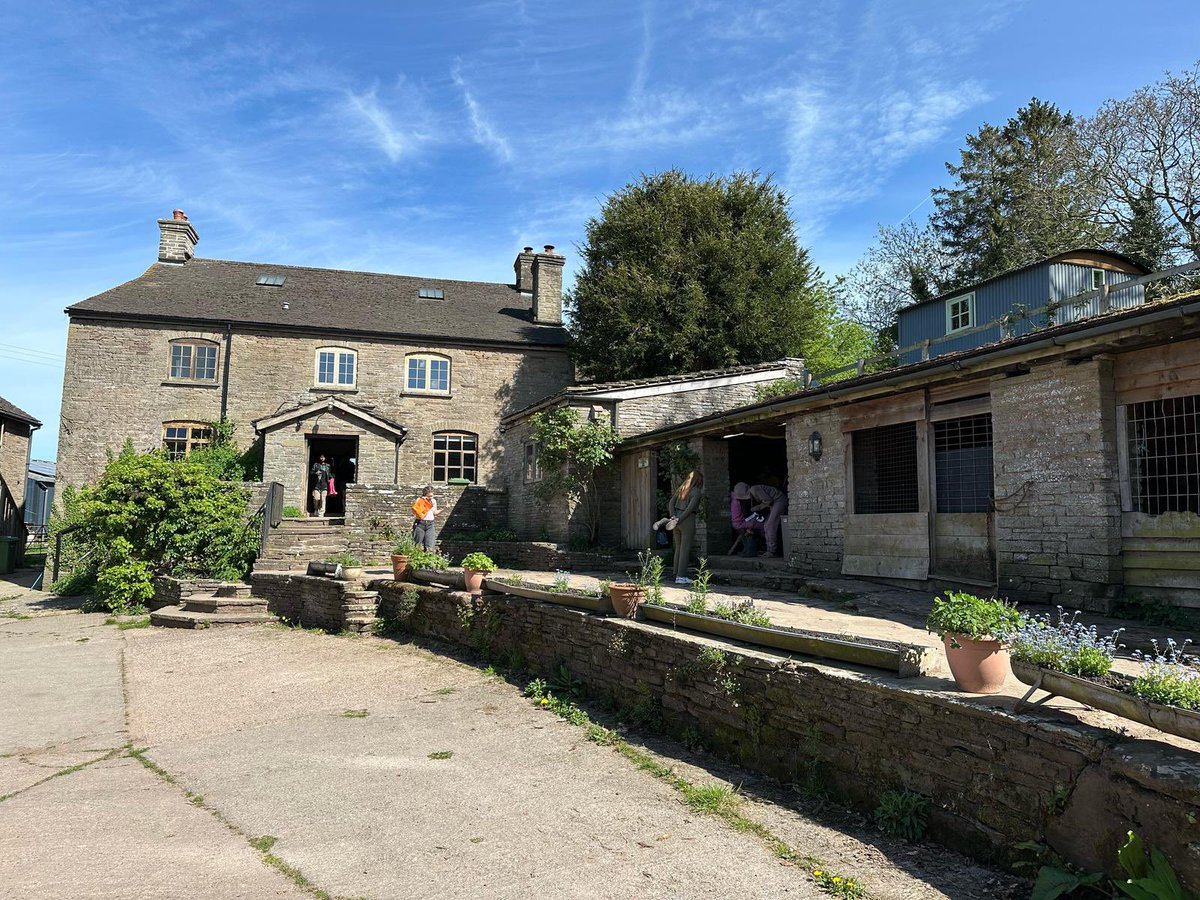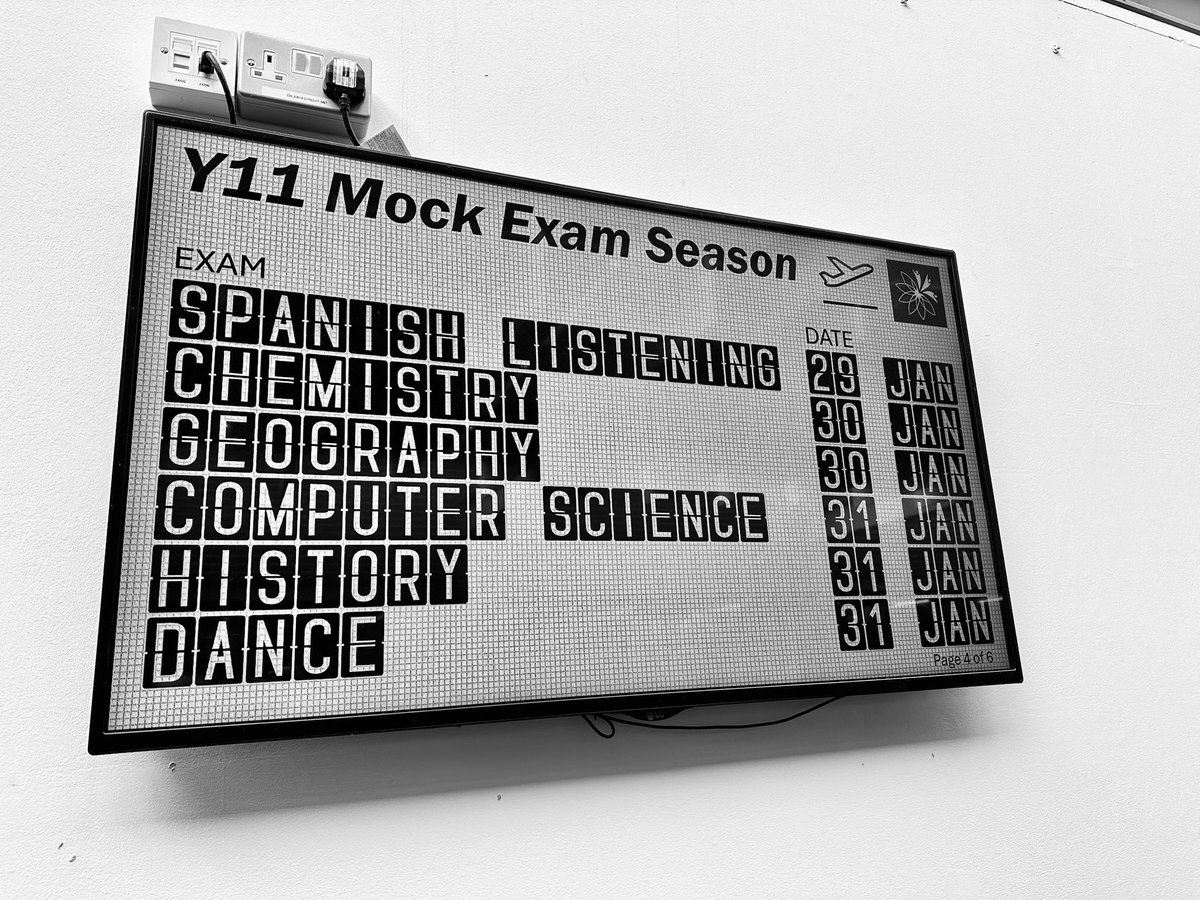Teaching and Learning in the Sixth Form
At HGA, sixth form lessons are underpinned by an ambitious curriculum that has been coherently planned and structured to ensure that students have all the knowledge and skills they need for future learning and employment.
Teachers of sixth form classes have expert knowledge of the subjects and courses they teach, and we put huge emphasis on the continued development of subject knowledge and pedagogy, utilising the wealth of experience in sixth form teaching across the Harris Federation, to continue developing our experts.
To that end, the work that teachers give to sixth form students is demanding and teachers design activities to help students to remember long term content they have been taught, whilst improving and extending what they already know and can do into larger concepts.
Teachers encourage students to use subject specific, professional, and technical vocabulary well and demand work of a consistently high standard. As a result, students in the sixth form demonstrate very positive attitudes about their learning and commitment to their education.
Although sixth form lessons will often follow the same basic lesson structure as lessons in the secondary phase, sixth form teachers are not bound by this. The increased academic rigour of sixth form study, the growing maturity of students and the small
Most post-16 lessons will follow the same structure as those of the secondary school. Each lesson will begin with a knowledge retrieval task in the form of a ‘Do Now’. This will be followed by a period of direct instruction from their teacher, who is a subject specialist. The lessons in post-16 allow for discussion and debate, to develop our students’ oracy skills, as well as independent practice which ensures that students are confident in exam technique.
Student will complete weekly knowledge quizzes and a monthly summative assessment which will be reported home.
Marking and feedback
We aim that students will complete at least one piece of assessed work in each subject, every week (which will often but not necessarily be a piece of written work). Feedback will be provided on this piece of work within one week, either through teacher marking, peer or self-assessment, or discussion.
In setting work, teachers should aim to be very clear about how it will be assessed; often they will share and discuss the various assessment criteria with the students. Teachers and students should know what it takes to attain each standard or grade and students should be made familiar with marking criteria. Teaching and assessment should be designed to help students achieve the next level and as such, teachers should ensure that students understand their level of performance and have opportunities to interpret them in discussion with teachers.
It is vital that feedback is carefully designed and targeted to help students to improve and to that end whole-class feedback is not a formal expectation in sixth form. Instead, students are provided with highly individualised written, or spoken feedback which is clear and concise; positively phrased; and indicative of ways to improve. Ideally, teachers and students will see feedback as a dialogue about ongoing improvement and may use a variety of strategies to facilitate this. Students may be expected to redraft work following feedback, either in lesson, or at home and also may be required to evaluate their own performance. Teachers will also give students feedback on their organisational skills. Where possible, students should be given opportunities to assess and reflect on their own and others’ work.
Every time we provide feedback, we aim to think carefully about how that feedback is going to help the student to learn more effectively and perform at a higher-level next time and how it will inform and shape our teaching in future.
Independent study
Sixth Form study requires a considerable amount of private and independent study. This means that students need to demonstrate self-discipline and organisation. Students must take responsibility for organising their time to allow them to complete the research, wider reading, class work and coursework required across all their subjects. As a guide, we adopt a 5:3:2 model when talking to students about their private study, that is:
- 5 hours of lesson time with their teacher/s – these lessons will always be highly planned and will take one of the formats as earlier outlined.
- 3 hours of private study during “free” periods – in this time students should be consolidating their learning, committing new information to long term memory, reading, doing additional exam practice, and completing pre-reading and tasks in preparation for the next lesson. There should be an element of prep completed prior to evey lesson.
- 2 hours of homework set by the teacher – this work will have a clear deadline and will generally be essay writing or exam practice that will require feedback.
Teachers will ensure that all students have recorded homework tasks carefully and accurately, are very clear about the date for submission, and that they are using a sensible, effective system for recording this information.
As part of the feedback cycle teachers should engage in dialogue with students about how long work is taking them and incorporate into their teaching advice on strategies for smarter, more efficient working habits. Teachers will regularly check students’ files and give organisational advice as part of their lessons as well as in “academic monitoring” sessions during tutor time.



















